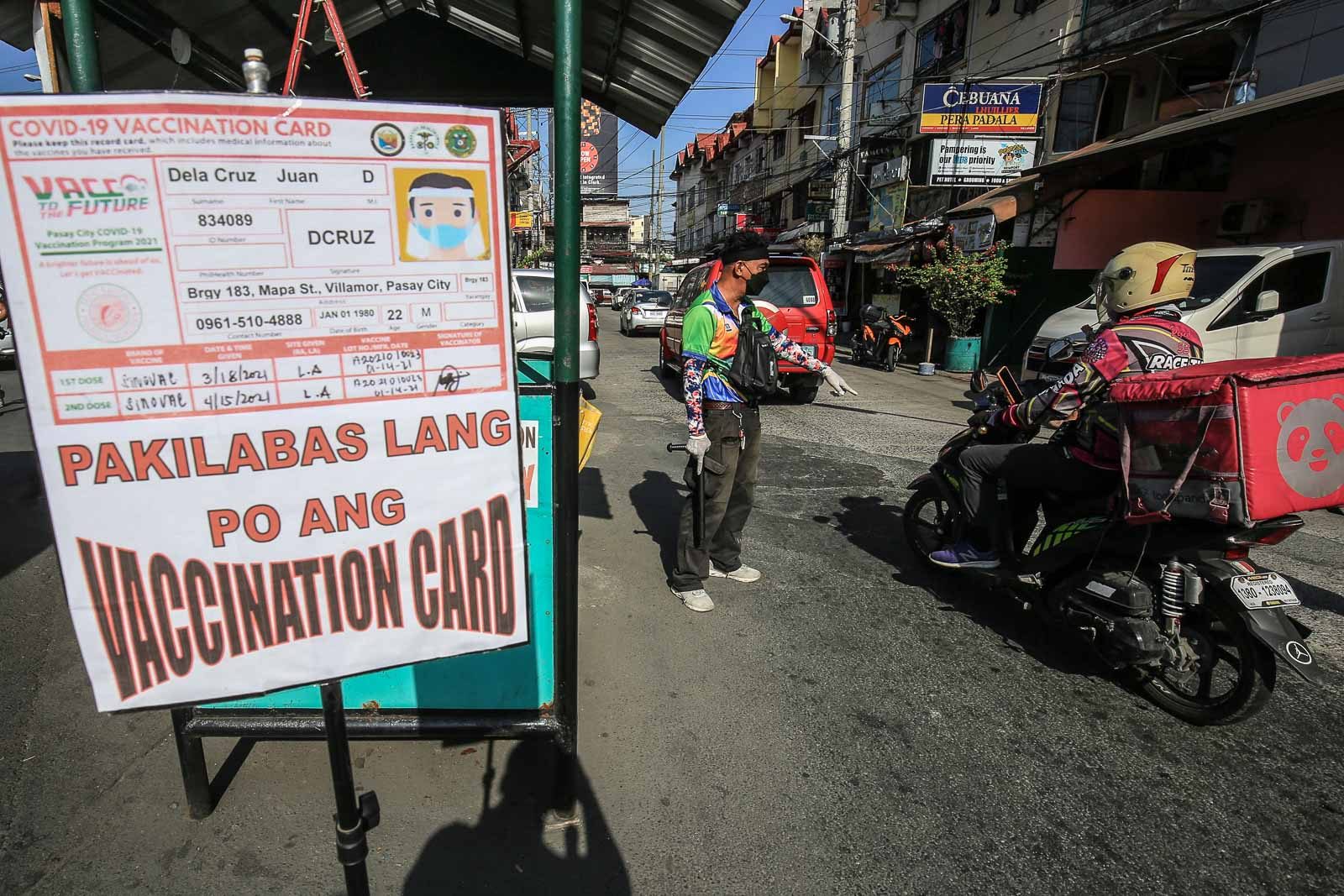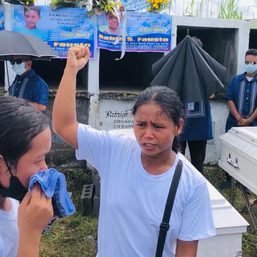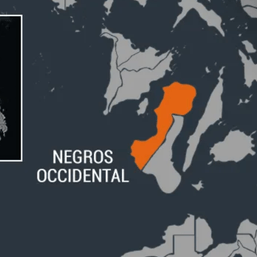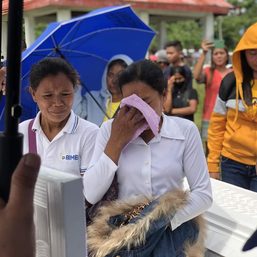SUMMARY
This is AI generated summarization, which may have errors. For context, always refer to the full article.

MANILA, Philippines – The Commission on Human Rights (CHR) warned that the decision of the Department of Transportation (DOTr) to ban unvaccinated individuals from using public transportation may do more harm than good.
In a statement on Wednesday night, January 12, CHR spokesperson Jacqueline de Guia urged the DOTr to review the ban, saying that it “effectively restricts the exercise and enjoyment of fundamental rights.”
“The reality is that ordinary Filipinos continue to rely on public transportation in attaining basic needs, such as for food, work, and accessing health services,” she said.
The ban, which is set to take effect on Monday, January 17, covers all modes of public transportation to and from Metro Manila.
Transportation Undersecretary Artemio Tuazon Jr. said the policy is not unconstitutional since it does not fully prevent movement, adding that unvaccinated Filipinos “can still travel using their own vehicles, but not public transport.”
The CHR, however, pointed out that the ban would lead to challenges in accessing essential goods and services since not everyone has a private vehicle.
The commission also quoted General Comment No. 27 from the Human Rights Committee which states that restrictions “must conform to the principle of proportionality,” among others.
“Without a law detailing the precise parameter for the restriction of rights, the policy restricting rights runs into the danger of being sweeping and overly broad that assaults even personal liberties,” De Guia said.
This is not the first time the government has sought to implement problematic policies in containing the coronavirus pandemic. The administration has also been criticized for its “militaristic” approach to the health crisis.
The CHR urged the government to constantly review restrictions to ensure that they are legal, necessary, consistent with recognized rights, and proportional to the aim of protecting the public.
“We continue to urge the government to address vaccine hesitancy and the low vaccination rate in the country with education that addresses common misconceptions and positive encouragement,” De Guia also said.
“Key to upholding the right to health is informed choice and the government has the obligation to continue to promote and communicate the benefits of vaccination, especially to vulnerable sectors, and not resort to fear or force just to achieve population protection against COVID-19.” – Rappler.com
Add a comment
How does this make you feel?









![[Under 3 Minutes] When will we see modern jeepneys on the road?](https://www.rappler.com/tachyon/2024/04/francisco-motors-modern-jeepney-prototype-1.jpg?resize=257%2C257&crop=590px%2C0px%2C1012px%2C1012px)
There are no comments yet. Add your comment to start the conversation.